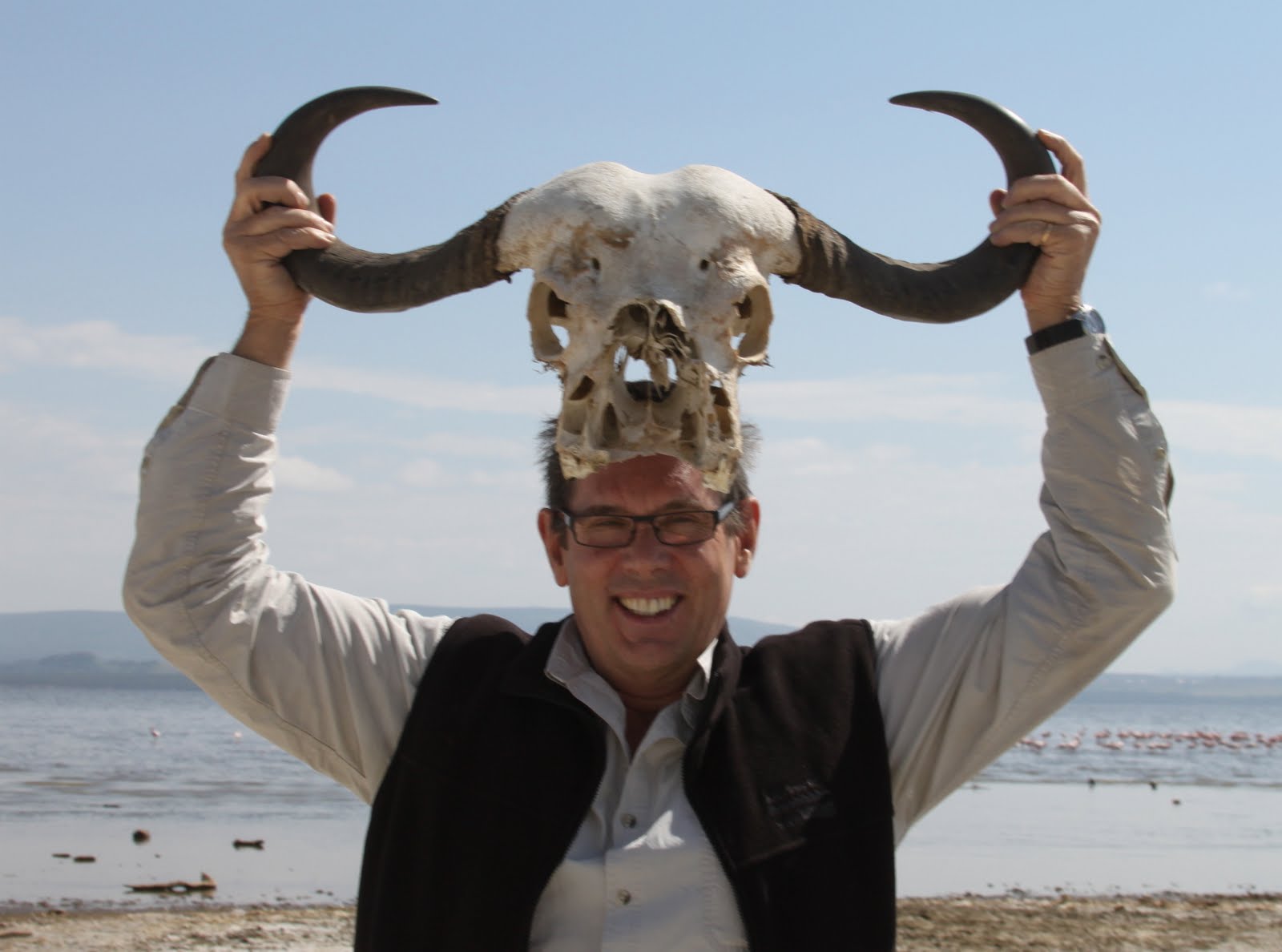Dear Mr Sirolli.................
One of the primary influences in developing our Business Facilitation pilots in Africa has been the development work done by Dr. Ernesto Sirolli over the last 25 years. In 1999 Sirolli published a book called Ripples on the Zambezi[1]. In it he tell s the story of how as a young Italian aid worker, he was part of a project which attempted to assist a poor Zambian Village improve their livelihoods by introducing a luscious variety of Italian tomatoes to boost the incomes of local people. The Italians made a selection of choice but unused land along the river flats of the Zambezi River and employed the locals to clear and cultivate it. They proceeded to plant their tomato seeds and the crop as it developed exceeded their expectations. Tomatoes bigger and better than anything the villagers had ever seen, results better than the Italians had hoped for in their wildest dreams. The fruits grew and a bumper harvest was anticipated. Then one morning one of the Italians came back with very disturbing news. The whole field had been completely destroyed , as if ploughed, and the whole crop was gone. When villiagers were asked why had this destruction had occurred they carefully explained to the Italians that the Hippos had come up out of the river and demolished the crop ...........and that is why they never try to plant anything on the river flats.
This was a seminal experience for the young Sirolli who concluded that the best kind of development consisted of assisting people do what they wanted to do, mentoring their imagination and energy and not trying to impose anything, never taking responsibility for the individual but facilitating them on their own journeys.
And so you can imagine how excited I was to learn about how the Business Facilitation committee at Ndabibi in Kenya, where we have had had a key mentoring role over the last two years, had sparked a women’s self help group to go into growing water melons.
The Australian funded ADP at Ndabibi, is around 3 hours from Nairobi in Kenya’s Rift Valley. Ndabibi is a strikingly poor area where for most of the year it seems that farmers are farming dust. When it rains much of the top soil washes off the hills and forms a mud that makes it impossible to grow corn on what used to be the most fertile planes. And there is no water storage to capture the run off. The farmers who live there are from a eleven tribes , shifted there as internally displaced persons after various tribal conflicts during the last 20 years. The area was particularly badly hit in the post election violence earlier this year, and when I visited in May many residents were only just returning to their homes.
And so this makes the story of the Chemi Chemi Women’s Water Tank group all the more amazing. This group of 200, very poor women, stayed together throughout the recent violence and in March when it was essentially over, banded together to jointly buy an acre of land of their own. Not only had they bought land but they had decided to plant watermelons as a new cash crop, and more than just deciding this, had actually planted the melons.
So when I visited in May and in acknowledgment of my mentoring role , it was with much pride that they took me to their land, showed me the baby watermelon plants and had Olivia and I plant trees there.
The whole project was accomplished before I or the ADP staff even knew that it was happening, we had nothing to do with the acquisition of the land, the organisation of the group, the buying of the seeds or the planting of the crop, which is for everyone involved, the cause of much pride.
I was back there again late August and it was with much anticipation that I looked forward to seeing how the crop had fared.
The story was not a good one. The rains were late, the land was parched and brown and that meant that all the wild animals were hungry. It turns out that the Hippos had walked 4km from lake Naivasha and completely destroyed their crop.
And so the moral of this story which will no doubt be of interest to Mr Sirolli is: don’t count your melons until the hippos have been catched.
But the story will not end there, the group is not giving up, remains full of hope and is exploring crops which are less attractive to Hippos and Zebras.
[1] Sirolli, Ernesto, 1999. Ripples from the Zambezi, Passion, entrepreneurship and the rebirth of local economies
Thursday, June 18, 2009
Subscribe to:
Post Comments (Atom)



No comments:
Post a Comment